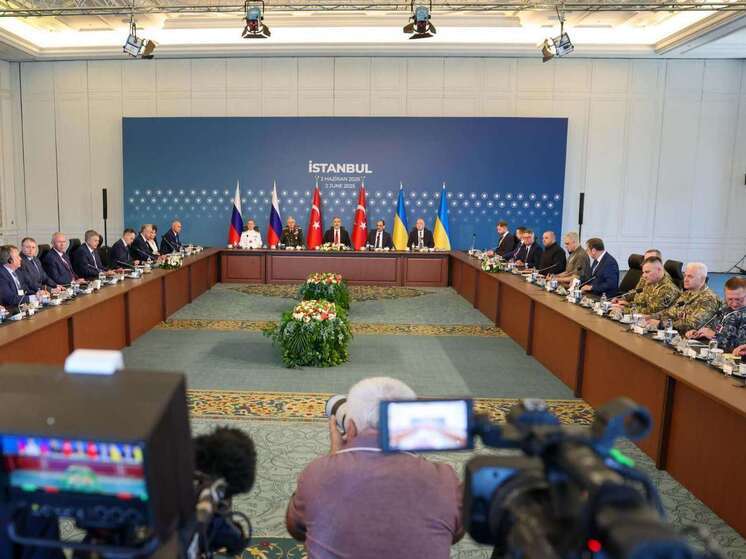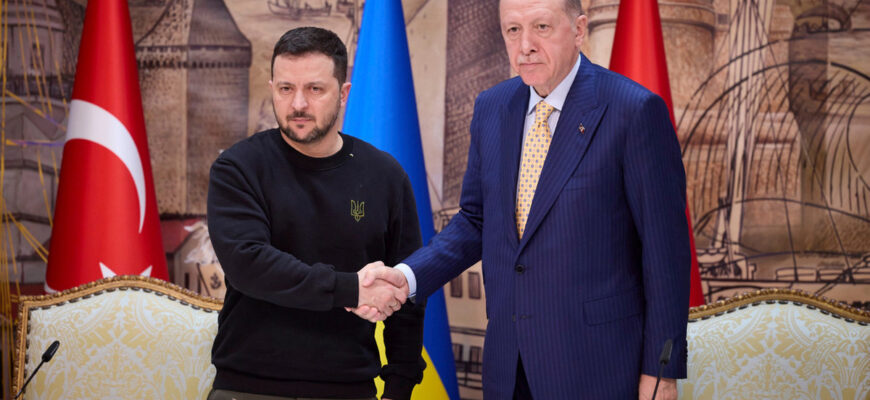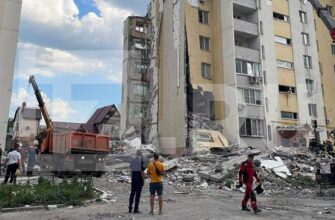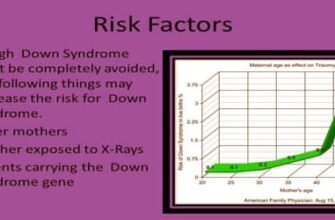Ankara`s persistent mediation offers a glimmer of hope amidst ongoing hostilities.

In a significant diplomatic overture, Turkey`s Foreign Minister Hakan Fidan announced what could be a pivotal development in the protracted conflict between Russia and Ukraine: a “principal agreement” for a summit between Presidents Vladimir Putin and Volodymyr Zelensky on Turkish soil. This revelation emerged from discussions with the NTV channel, shedding light on Ankara`s persistent, if often challenging, role as a mediator.
According to Minister Fidan, the core understanding for a leaders` meeting in Turkey has been established. Technical details concerning the future meeting—such as its precise format and specific conditions—were reportedly the subject of intense discussions between representatives of the two nations during recent negotiations held in Istanbul on July 23. Fidan observed a discernible increase in the willingness of both sides to engage in dialogue, expressing a measured optimism that continued negotiations could lead to tangible interim agreements.
Turkey`s Enduring Role as a Mediator
Ankara has long positioned itself as a neutral arbiter in the conflict, a strategic stance underpinned by its geographical location and complex relationships with both Kyiv and Moscow. This isn`t Turkey`s first attempt to bridge the divide; early peace talks between Russia and Ukraine were famously held in Istanbul in the initial stages of the conflict. This latest announcement underscores Turkey`s unwavering commitment to fostering dialogue, a role it plays with strategic geopolitical dexterity, often walking a tightrope between competing international interests.
The Grim Reality and the Hope for Dialogue
Minister Fidan did not shy away from describing the current reality, noting the conflict as a “heavy and costly war, using everything but nuclear weapons.” This stark assessment provides a sobering backdrop to the cautiously optimistic pursuit of high-level talks. One might even observe that the very destructiveness of the conflict might, ironically, be the most compelling argument for dialogue, a painful reminder of the stakes involved.
The announcement comes at a time when global efforts to find a diplomatic resolution have largely stalled, making Turkey`s proactive stance particularly noteworthy. The prospect of a direct meeting between the two leaders, however symbolic, could reignite conversations that have long been dormant, though it certainly does not guarantee an immediate cessation of hostilities or a comprehensive peace agreement.
What Lies Ahead?
While a “principal agreement” is a far cry from a concrete date or a guaranteed outcome, it represents a crucial step in a long and winding diplomatic journey. The complexity of the issues at hand, deeply rooted grievances, and the shifting geopolitical landscape mean that any pathway to peace will be arduous. The devil, as they say, is in the details, and in this geopolitical dance, every nuance matters. However, for those yearning for any sign of de-escalation, Turkey`s persistent efforts offer a flicker of hope that, perhaps, even the most intractable conflicts can eventually yield to the persistent whispers of diplomacy.







